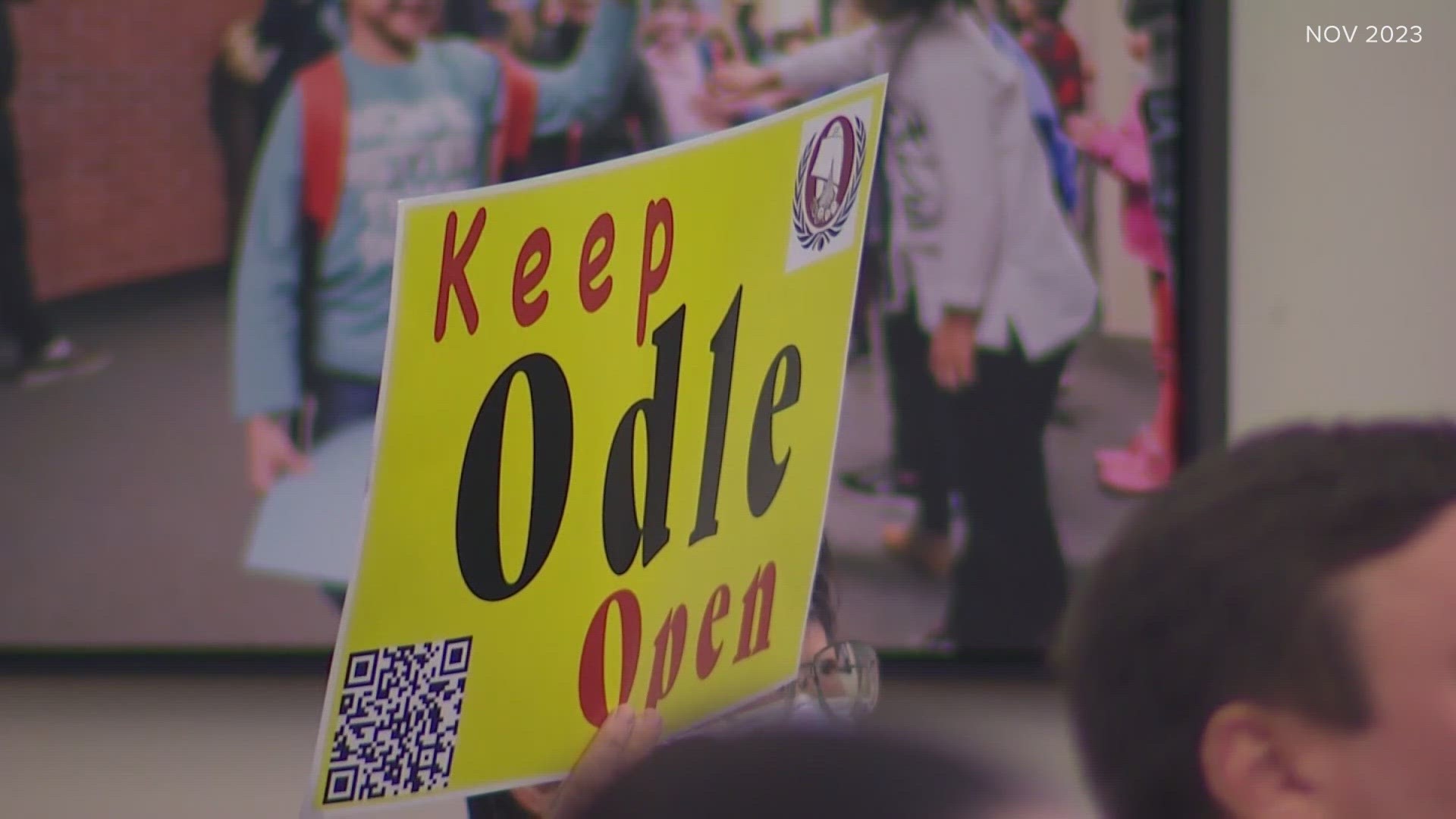OLYMPIA, Wash. — In a letter to lawmakers, a group of school boards and education associations from across Washington state detailed their concerns about funding for districts and asked legislators for both short and long term solutions.
In the short term, they asked lawmakers to put 44% of the supplemental budget toward education; in the long term, they asked legislators to stand up a task force to overhaul the current education funding model.
"Kids aren't getting the opportunities we want them to have- and that they deserve," said Andi Nofziger, president of the Edmonds Education Association. "Classes are much bigger than they used to be, so students aren't getting the individual attention. Courses have been cut that we used to be able to run so they're not getting advanced coursework or electives, and that's unfortunate because they only get one shot at their K-12 education and we want it to be the best it can be."
Advocates say decreased student enrollment, an ending to pandemic relief funds, unfunded mandates and rising costs are leading to funding shortfalls in districts across the state. In addition, some teachers say two years of remote learning have left students with more behavioral and social support needs, which require paraeducators.
"The state has such an unrealistic picture of what is necessary to run a school, so we weren't even starting at the starting line of a race, we're behind," Nofziger said.
Along with asking for a significant funding boost in the short term, advocates are asking for a task force that would review funding models from other state and determine what options might work in Washington.
"Don't tweak it, overhaul it, redo it, it is a mess," Edmonds School Board President Nancy Katims said. "This is happening everywhere. This isn't just one district that's mismanaging money- it's statewide and lawmakers have to face that."
Katims and Nofziger say they realize there are many competing needs for state funding, and acknowledge the importance of allocating money for work on issues like climate change and homelessness. But they argue educating students to help solve and address these problems in the future - and to prevent the effects of a lack of education - is essential.

